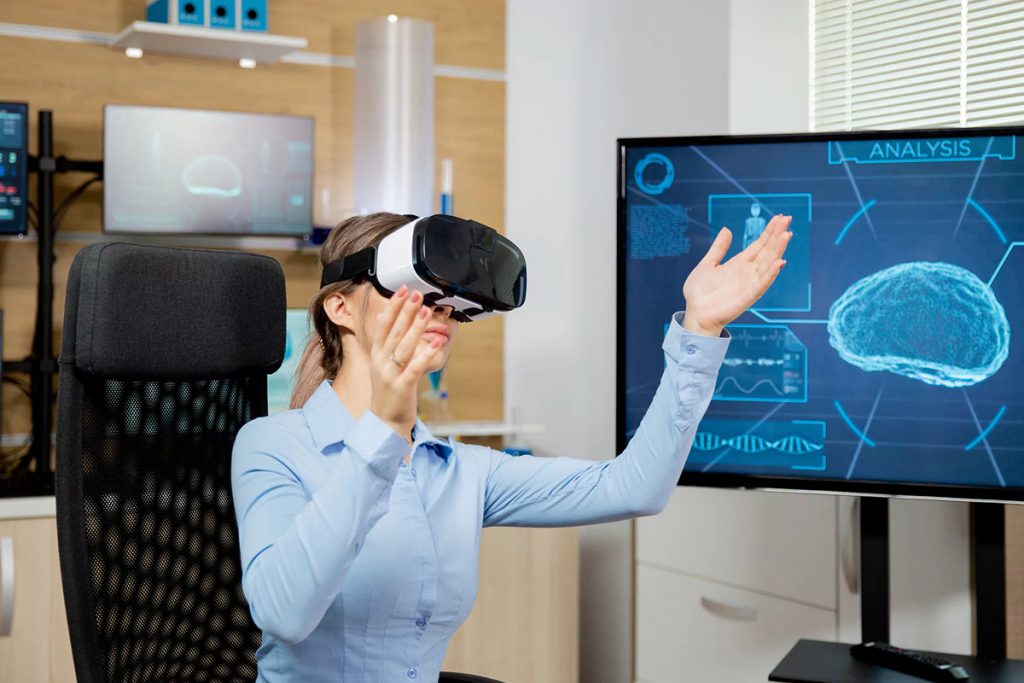In education, VR can transport learners to different environments, times, or even biological systems. Imagine a history lesson where students can walk through ancient civilizations, or a biology class where they can explore the human body from the inside. This level of immersion can enhance comprehension and engagement, making learning more effective and enjoyable.
VR also allows for experiential learning, where students can learn by doing. In a physics class, for example, they can conduct virtual experiments that would be too dangerous or expensive in real life. This hands-on approach can help students understand complex concepts and develop practical skills.
Training programs, particularly those that require hands-on experience, can also benefit from VR. From medical to military training, VR can provide a safe, controlled environment where learners can practice without real-world risks. They can repeat procedures until they master them, improving their skills and confidence.

In corporate training, VR can simulate different scenarios, from customer service to crisis management. Employees can practice their responses in these virtual scenarios, helping them prepare for real-world situations. This can improve their performance and decision-making abilities, leading to better outcomes.
Healthcare is another sector where VR is making significant strides. It can be used for surgical training, allowing medical professionals to practice procedures in a risk-free environment. VR can also be used for patient therapy, providing immersive experiences that can aid in physical and psychological recovery.
While the potential of VR is immense, it’s not without its challenges. High-quality VR experiences require advanced hardware and software, which can be expensive. There’s also the issue of VR sickness, which affects some users. However, as technology advances and becomes more accessible, these challenges are likely to diminish.
VR is a powerful tool that is revolutionizing education and training. By providing immersive, interactive experiences, it enhances learning and skill development, preparing individuals for the challenges of the real world. As we continue to explore its potential, VR is set to redefine our approach to education and training, making them more engaging, effective, and exciting.
